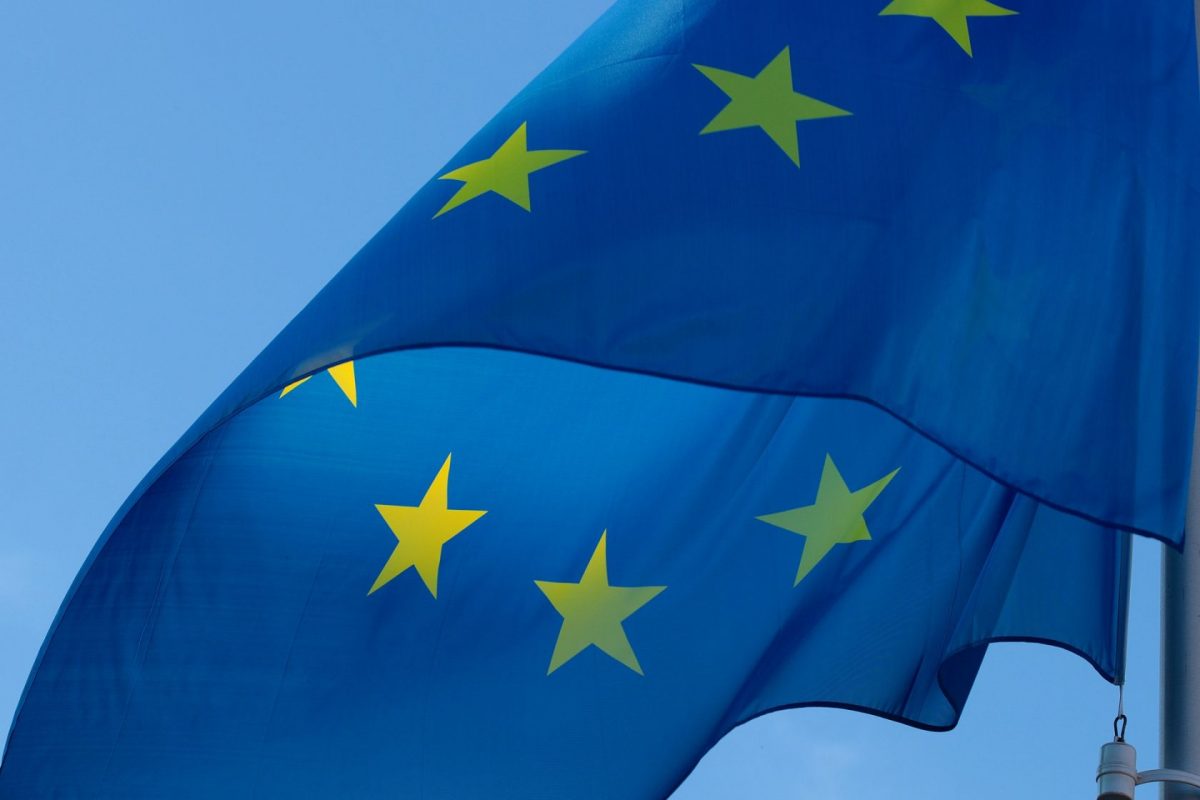ECSA’s Position on the interinstitutional negotiations on the future Creative Europe programme

As the European Parliament, the Council of the EU and the European Commission are now engaging in interinstitutional negotiations on the future Creative Europe Programme, the European Composer and Songwriter Alliance (ECSA) would like to share its views and contribute further to the debates on the EU’s framework programme supporting the cultural and creative sectors.
Time for the EU to show its commitment to Culture
As the forthcoming negotiations on the future Multi-Financial-Framework will show the European Union’s level commitment to culture, we call on Member States and the European Commission to support the EP’s proposal to double the Creative Europe’s budget.
The European Commission’s proposed budget (€1.85bn) was a first step in the right direction but is still a drop in the ocean, limited to 0,16% of the overall EU budget. Of the overall budget, only one third is allocated to the Culture strand, which covers all cultural and creative sectors, except the audiovisual sector. This does not reflect the European cultural and creative sector’s contribution to jobs and growth (4,4% of EU GDP and 12 million jobs) but also fails to take into consideration the positive impact of culture and artistic freedom on education, social cohesion, and common European values.
For a future Creative Europe Programme tailored to the significant challenges faced by creators in the European music landscape.
As the European Commission rightly pointed out, “music constitutes an important pillar of European culture and is probably the cultural and creative sector with the largest audience reach. It is an essential component of Europe’s cultural diversity and it has the power to bring positive changes in society. Music has also a great economic importance: the sector, based on small and medium businesses, employs more people than the film industry and generates more than 25 billion Euros of revenue annually.” However, less than 4% of the Creative Europe budget goes to music related projects. Such a budget does not reflect the important challenges of the sector, such as the fair remuneration of creators and the need for more European diversity in the digital environment. Music Moves Europe, the framework for the European Commission’s initiatives and actions in support of Europe’s music sector, is an important step in the right direction and should be further supported to build bridges across diverse European musical cultures.
- We therefore call on the European Institutions to support the EP’s amendments 11 (recital 7a), 69 (Article 4 – paragraph 2 a new). We also fully support the EP’s amendment 114 (Annex I – point 1 – paragraph 1 – subparagraph 2 – point a) which highlights the “visibility and recognition of creators” and “networking” activities as important objectives and activities to address the specific challenges faced by music creators.
A real support to creators’ values and needs across all strands
Both the European Parliament and the Council adopted positive provisions that show their commitment to creators’ values, such as artistic freedom, the visibility and recognition of creators and the promotion of diverse musical works. ECSA also welcomes all the amendments supporting the mobility and professionalisation of creators as well as the ones aiming to achieve a more balanced gender participation in the cultural and creative sectors.
- We therefore call on the European Institutions to support the EP amendments 6 (recital 5), 23 (recital 12a), 25 (recital 13a), 49 (Article 3, paragraph 1, point a), 55 (Article 3 – paragraph 2 – point c a), 59 (Article 4 – paragraph 1 – point -a), 60 (Article 4 – paragraph 1 – point -a a), 64 (Article 4 – paragraph 1 – point d), 65 (Article 4 – paragraph 1 – point d a), 66 (Article 4 – paragraph 1 – point e), 114 (Annex I – point 1 – paragraph 1 – subparagraph 2 – point a), as well as the Council amendments to recital 4a) and Article 3 – paragraph 2 – point b.
Faithful to its long-standing position in favor of creators, the European Parliament also decided to adopt, for the first-time, measures supporting “European networks of audiovisual creators” as part of the of the MEDIA Programme (Amendment 131) and to promote “specific measures to contribute to the fair treatment of creative talent in the audiovisual sector” (Amendment 132). Although insufficient, the Council position pursues a comparable objective by “supporting the creation, circulation and promotion of European works, including through mobility, networking and collaboration of creators and professionals” (Article 3 – paragraph 2 – point b).
Today, the MEDIA Programme is almost exclusively supporting industrial players in the audiovisual sector: only 1 of the 16 MEDIA support schemes can potentially directly benefit individual creators (Training). This clearly does not reflect their creative contribution nor their specific challenges as self-employed and freelancers working in precarious and unstable labour conditions. Supporting a competitive, creative and culturally diverse European audiovisual sector also means fostering the creative talent which is at the origin of each European film, documentary or TV series: directors, screenwriters, film composers, actors, etc.
- We therefore urge the European Institutions to stand in favor of creators by supporting European networks of audiovisual creators (Amendment 131), as adopted by the European Parliament. We sincerely hope that the notion of fair treatment of creative talent (Amendment 132) will feature in the final MEDIA Programme, throughout all stages of production and distribution of audiovisual works.
We hope that you will support the views and amendments mentioned above and we stay at your disposal for any questions or comments you might have.